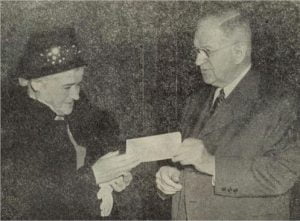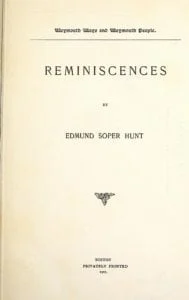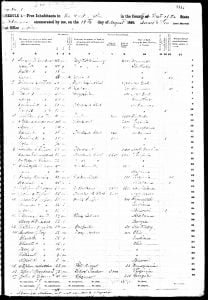Singer, William F.; mgr. Fairbanks, Morse & Co.; born, Sept. 20, 1860, St. Louis Mo.; educated in St. Louis public schools and at Washington University; married, Aug. 7, 1889, Alice Nugent, at Kansas City, Mo.; chief clerk, Maintenance of Way Department, Kansas City, Fort Scott & Memphis R. R., from 1887 to 1892; general storekeeper, World’s Fair, Chicago, 1892-1894; purchasing agent Western Stone Co., Chicago, 1894-1900; in Cleveland since as manager for Fairbanks, Morse & Co., scales, gas engines, steam pumps, etc.; member Masons, Royal Arcanum, Cleveland Athletic Club.




